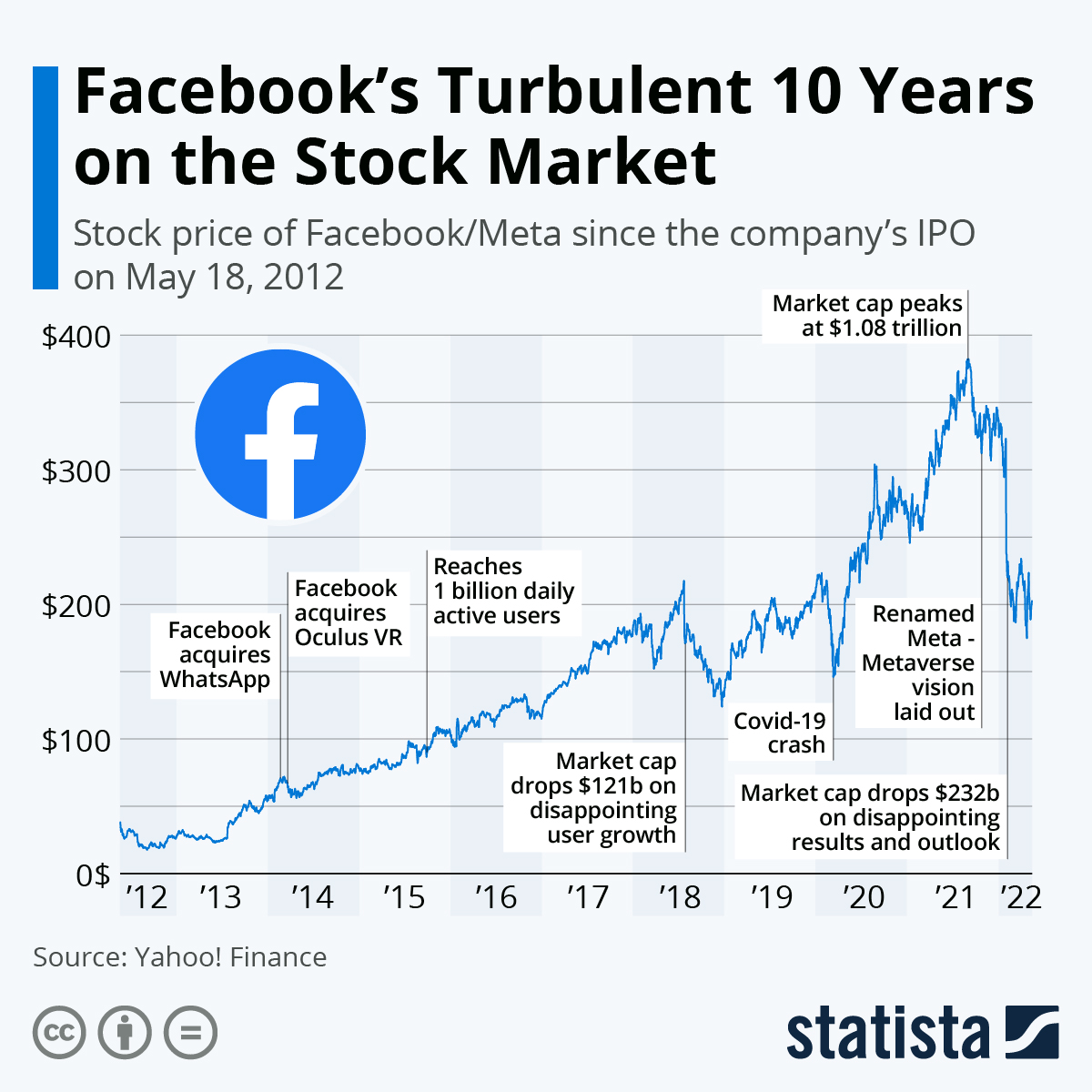
The Dow Futures is a type stock market index futures contract. It trades on the Globex electronic trading platform of the Chicago Mercantile Exchange. It is based the Dow 30 stock market index. This is a price weighted combination of 30 of most significant stocks trading on the New York Stock Exchange (NASDAQ) and New York Stock Exchange. There are three kinds of Dow futures. The most common is the E-mini Dow.
Berkshire Hathaway
Berkshire Hathaway, Inc. (BKR), is a stock widely traded that focuses on financial services. The symbol for dow futures is Berkshire Hathaway, Inc. The company owns subsidiaries in many different industries such as insurance, reinsurance or manufacturing. The fees that shareholders pay depend on how much they invest are different. Here are some tips to help investors. These tips will help to minimize your risk.

NYSE:DIS
The NYSE DIS futures symbol is traded on the New York Stock Exchange. Disney stock is already expensive so buying it at $60 would be a poor idea. If it forms a handle and cup, however, it could go up to $113-120. It's a possibility if Disney is able to beat expectations and break the resistance at $99.
NASDAQ
Monday's decline saw the Dow futures, S&P 500, Nasdaq and S&P 500 all fall. Treasury yields reached a record high, as the Federal Reserve contemplates a massive rate hike. The major indexes tumbled below key levels and the Nasdaq ended below the follow-through day low of May 26. Investopedia is not a financial or tax advisory service. The information provided does not take into account the investor's risk tolerance or objectives.
Cboe
Cboe Global Markets, Inc., is a global provider of investment and trading services for investors. It is focused on creating new markets for participants and moving the marketplace forward. As part of this mission, Cboe provides trading, options, volatility, and investment solutions in a variety of asset classes. Read the following article to learn more about Cboe Global Markets, Inc.
Globex
Dow futures are a type or futures contract for stock market index futures contracts that trade on the Globex electronic trading platform of the Chicago Mercantile Exchange. They are based the Dow 30 stock market index, which is a price weighted average of 30 important U.S. stocks and traded on the New York Stock Exchange or NASDAQ. Dow futures come as E-mini or regular options.

Index futures
Most traders who trade index futures likely follow at most one of the four major indicators. However, not all indices trade in the same way. Understanding the terminology used by traders to trade these indexes is crucial. These terms include the value of the point, minimum tick and margin requirements. This chart is for illustration only and does not represent a recommendation to purchase or sell any security.
FAQ
How Does Inflation Affect the Stock Market?
Inflation is a factor that affects the stock market. Investors need to pay less annually for goods and services. As prices rise, stocks fall. This is why it's important to buy shares at a discount.
How can someone lose money in stock markets?
The stock market is not a place where you make money by buying low and selling high. You lose money when you buy high and sell low.
The stock exchange is a great place to invest if you are open to taking on risks. They may buy stocks at lower prices than they actually are and sell them at higher levels.
They are hoping to benefit from the market's downs and ups. But if they don't watch out, they could lose all their money.
What is the trading of securities?
The stock market is an exchange where investors buy shares of companies for money. Investors can purchase shares of companies to raise capital. Investors then resell these shares to the company when they want to gain from the company's assets.
Supply and demand are the main factors that determine the price of stocks on an open market. When there are fewer buyers than sellers, the price goes up; when there are more buyers than sellers, the prices go down.
Stocks can be traded in two ways.
-
Directly from the company
-
Through a broker
How do I invest on the stock market
Through brokers, you can purchase or sell securities. Brokers buy and sell securities for you. Brokerage commissions are charged when you trade securities.
Brokers often charge higher fees than banks. Banks will often offer higher rates, as they don’t make money selling securities.
An account must be opened with a broker or bank if you plan to invest in stock.
If you hire a broker, they will inform you about the costs of buying or selling securities. This fee will be calculated based on the transaction size.
Ask your broker:
-
the minimum amount that you must deposit to start trading
-
Are there any additional charges for closing your position before expiration?
-
What happens to you if more than $5,000 is lost in one day
-
How long can you hold positions while not paying taxes?
-
What you can borrow from your portfolio
-
Whether you are able to transfer funds between accounts
-
How long it takes transactions to settle
-
The best way for you to buy or trade securities
-
How to Avoid fraud
-
How to get help if needed
-
If you are able to stop trading at any moment
-
What trades must you report to the government
-
How often you will need to file reports at the SEC
-
Whether you need to keep records of transactions
-
How do you register with the SEC?
-
What is registration?
-
How does this affect me?
-
Who is required to register?
-
When do I need registration?
What is a bond and how do you define it?
A bond agreement between 2 parties that involves money changing hands in exchange for goods or service. It is also known as a contract.
A bond is normally written on paper and signed by both the parties. This document includes details like the date, amount due, interest rate, and so on.
The bond is used when risks are involved, such as if a business fails or someone breaks a promise.
Bonds can often be combined with other loans such as mortgages. This means the borrower must repay the loan as well as any interest.
Bonds are used to raise capital for large-scale projects like hospitals, bridges, roads, etc.
A bond becomes due upon maturity. When a bond matures, the owner receives the principal amount and any interest.
Lenders are responsible for paying back any unpaid bonds.
What is security in the stock market?
Security can be described as an asset that generates income. The most common type of security is shares in companies.
One company might issue different types, such as bonds, preferred shares, and common stocks.
The earnings per share (EPS), as well as the dividends that the company pays, determine the share's value.
Shares are a way to own a portion of the business and claim future profits. If the company pays you a dividend, it will pay you money.
You can sell shares at any moment.
Statistics
- Our focus on Main Street investors reflects the fact that American households own $38 trillion worth of equities, more than 59 percent of the U.S. equity market either directly or indirectly through mutual funds, retirement accounts, and other investments. (sec.gov)
- US resident who opens a new IBKR Pro individual or joint account receives a 0.25% rate reduction on margin loans. (nerdwallet.com)
- Ratchet down that 10% if you don't yet have a healthy emergency fund and 10% to 15% of your income funneled into a retirement savings account. (nerdwallet.com)
- "If all of your money's in one stock, you could potentially lose 50% of it overnight," Moore says. (nerdwallet.com)
External Links
How To
How to trade in the Stock Market
Stock trading is the process of buying or selling stocks, bonds and commodities, as well derivatives. The word "trading" comes from the French term traiteur (someone who buys and sells). Traders buy and sell securities in order to make money through the difference between what they pay and what they receive. This is the oldest type of financial investment.
There are many ways to invest in the stock market. There are three types of investing: active (passive), and hybrid (active). Passive investors are passive investors and watch their investments grow. Actively traded investor look for profitable companies and try to profit from them. Hybrid investors use a combination of these two approaches.
Passive investing is done through index funds that track broad indices like the S&P 500 or Dow Jones Industrial Average, etc. This is a popular way to diversify your portfolio without taking on any risk. All you have to do is relax and let your investments take care of themselves.
Active investing involves selecting companies and studying their performance. Active investors will look at things such as earnings growth, return on equity, debt ratios, P/E ratio, cash flow, book value, dividend payout, management team, share price history, etc. They then decide whether they will buy shares or not. If they feel that the company is undervalued, they will buy shares and hope that the price goes up. On the other hand, if they think the company is overvalued, they will wait until the price drops before purchasing the stock.
Hybrid investments combine elements of both passive as active investing. You might choose a fund that tracks multiple stocks but also wish to pick several companies. In this case, you would put part of your portfolio into a passively managed fund and another part into a collection of actively managed funds.